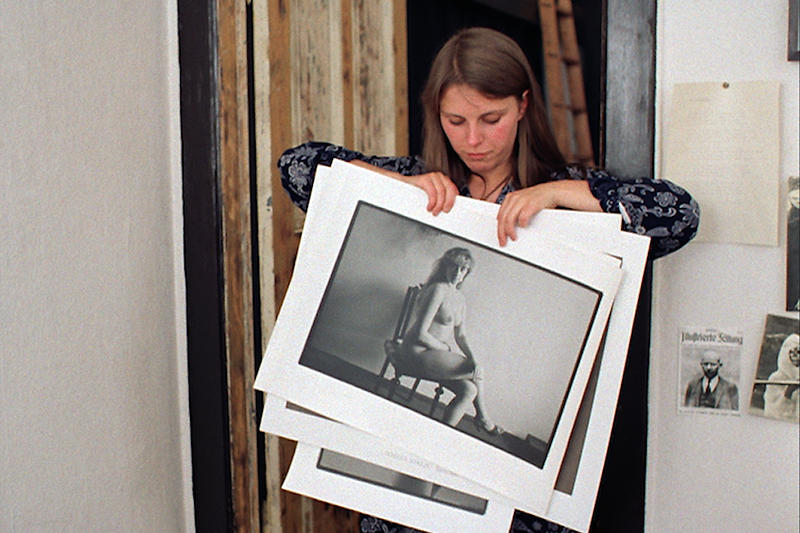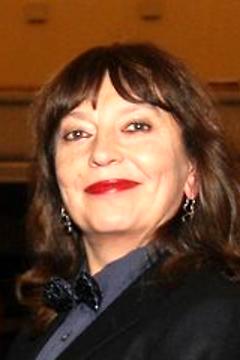
AKTFOTOGRAFIE
AKTFOTOGRAFIE

Christian Hein, Helke Misselwitz
Volker Friedemann Seumel

Helke Misselwitz - Helke Misselwitz is one of the most important filmmakers of the last DEFA generation. Her cinematic exercises were already noticeable during her studies, but it was not until 1988 that she was able to achieve national recognition with the documentary WINTER ADÉ (1988). The documentary is one of the most important about women in the GDR; longings and sensitivities are expressed unfiltered. After that, the director continues to shoot refreshing portraits of workers, delivers unvarnished images of GDR youth and, with HERZSPRUNG (1992), makes one of the few German films about the political and social topicality shortly after the political turnaround in East Germany.
Helke Misselwitz was born on July 18, 1947 in Planitz, near Zwickau. After her school education she learns the profession of a cabinetmaker and completes her high school diploma. After graduating from high school, she trained as a physiotherapist at the Erfurt Medical Academy from 1966 to 1969. She then went to Berlin and worked as a freelance presenter and assistant director for GDR television. In 1973 she was hired on a permanent basis. Between 1973 and 1978, she created her first own programs. The station delegated her to the Academy for Film and Television in Potsdam-Babelsberg, where she studied directing from 1978 to 1982.
Helke Misselwitz already attracted attention with her student works. In VERSTECKEN (1979) and EIN LEBEN (1980) she deals with the National Socialist era, portraying briefly and precisely situations around humanity and brutality. The choice of her subject is unusual for the conventions of the academy, and stylistically the last film is also striking for its mixing of documentary and fictional moments, telling the story of a German woman who saves her boy from the Hitler Youth and helps a Jewish family. It is irritating because it does not fit into any of the predetermined pigeonholes of victim and perpetrator. EIN LEBEN (1980) shows only what the film purports to show in its title. In HAUS. FRAUEN (1981) she portrays the inhabitants of a run-down house. Her thesis becomes DIE FIDELE BÄCKERIN (1982) and portrays the career of an opportunistic petit bourgeois during the Third Reich and after its collapse.
Text: DEFA Stiftung
Foto: Reinhardt & Sommer